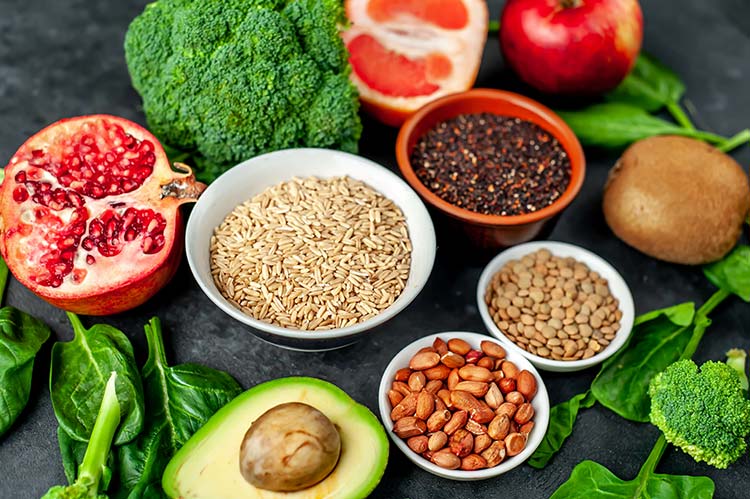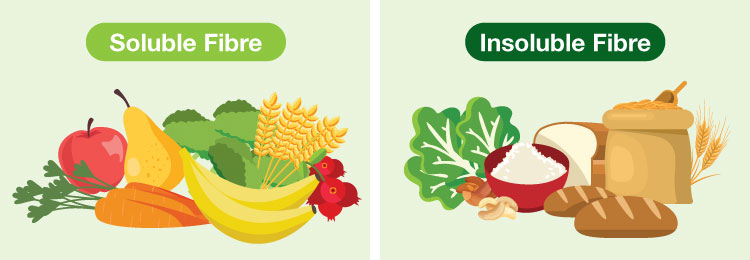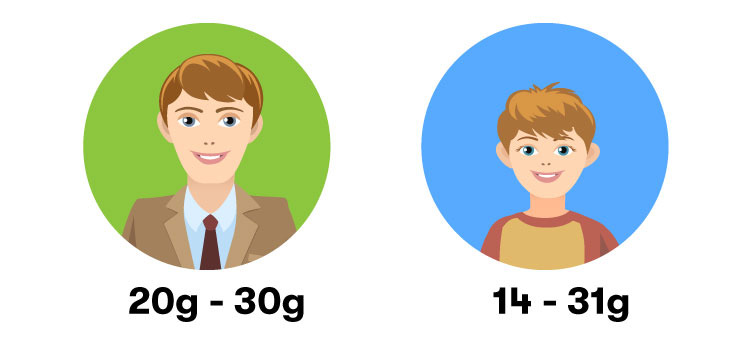If you’re feeling bloated from indigestion, you’re not alone. In fact, about 20% to 35% of the Malaysian population experience constipation and the often painful (and uncomfortable) symptoms that follow.
What most people do is head to the pharmacy to pick up laxatives for their constipation. However, laxatives don’t offer a long-term solution and the symptoms of constipation will continue to return unless you address the problem at its root. A better way to solve this is to take more fibre.

Dietary fibre is a carbohydrate that doesn’t break down into sugars when consumed. Instead, it simply passes through your digestive tract. There are two types of dietary fibre - soluble fibre and insoluble fibre.
Both types of fibre have benefits for your health. Soluble fibre breaks down into a gel-like substance and softens stools for improved digestion. It also lowers cholesterol levels as well as controls blood pressure and blood sugar.
Insoluble fibre does not dissolve like soluble fibre. Instead, it adds roughage to your digestion to prevent constipation and help maintain regular bowel movements. Insoluble fibre can also help with weight loss since it makes you feel fuller for a longer period, thus reducing the need to snack often.
Fibre is necessary across all age groups. Regardless of age, if you don’t have enough fibre in your diet, the risk of developing digestive issues such as constipation, gastritis and bowel cancer increases.

Foods that are rich in soluble fibre include broccoli, carrots, barley, apples, pears, berries and bananas. Meanwhile, foods that contain insoluble fibre include whole grain foods, brown rice, nuts, seeds and dark leafy vegetables.
However, while it’s easy to read this list of foods that are rich in fibre, it’s more difficult to ensure that your daily meals contain enough fibre. For one, you may not enjoy eating these foods even though they are beneficial for your health.

But this shouldn’t stop you from having enough fibre in your diet. One way to increase your fibre intake is to consume a dietary fibre supplement such as the Nutrilite Mixed Fibre Chewable Tablet.
Focusing on the powder form (tablets work just as well!), choose a supplement that contains soluble fibre, doesn’t taste foul in your mouth, can be sprinkled on your meals, dissolved in a glass of water or your favourite drinks.
This way, it is easier to increase your daily intake of fibre for improved digestive health and regular bowel movement. So, there you have it, you don’t need to suffer constipation or indigestion any longer. Make your health a priority and enjoy better digestive and overall health.
That being said, we have a new fibre supplement in the works. Stay tuned for updates!
References: